

📖Torah Study (Hybrid - In Person and Online)
https://zoom.us/j/92648537814?pwd=dEdaMkYvdEN2cnIwZVJpUGtneFBpZz09 Meeting ID: 926 4853 7814; Password: Torah or dial-in +1 778 907 2071
Details:


📖 Torah Study - Everyone welcome
Meeting ID: 926 4853 7814; Password: Torah
or dial-in +1 778 907 2071
Details:


✡️ In-Person & Online Shabbat Services
Details:


👪 Childminding & Tot Shabbat
10:00 am: Free play and snacks
10:45 am: Hakafa and Tot Shabbat Service with Annette Kozicki, including songs, prayers and a fun story.
11:30 am: Free play
12:00 pm: Kiddush lunch
Reservations not needed - just show up to join!
Details:


✡️ Online Morning Minyan
https://templesholom-ca.zoom.us/j/99881409179?pwd=d2ZVYm9DaFZHNzZQNHpuRTcrc2puZz09
Meeting ID: 998 8140 9179
Passcode: Chickpea
Dial by your location
+1 438 809 7799 Canada
+1 587 328 1099 Canada
+1 647 374 4685 Canada
+1 647 558 0588 Canada
+1 778 907 2071 Canada
+1 204 272 7920 Canada
Meeting ID: 998 8140 9179
Find your local number: https://templesholom-ca.zoom.us/u/abN68oNyjs
Details:
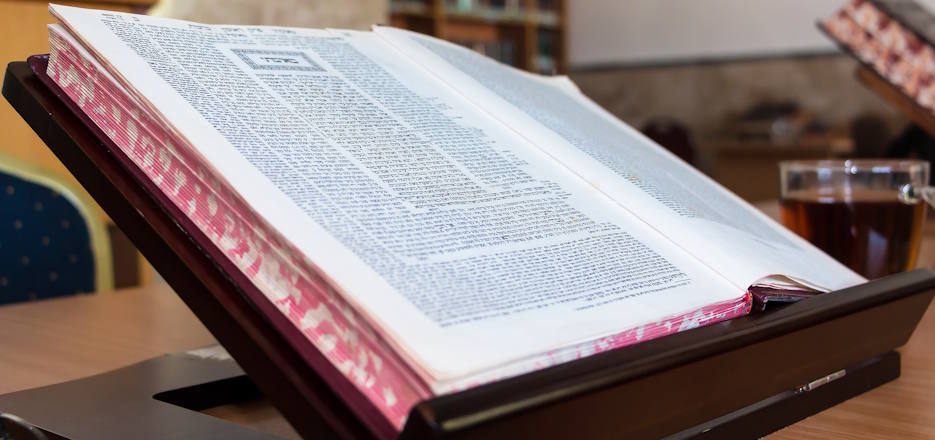

📖 Talmud Study with Rabbi Brown (Zoom)
https://zoom.us/j/789770161 or call 647-374-4685; PIN: 789 770 161#
Details:
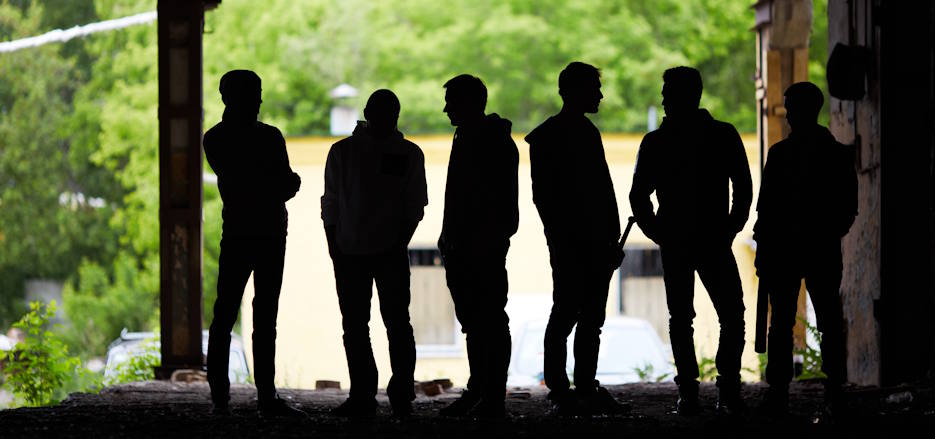

Men's Circle
Details:


✡️ Online Morning Minyan
https://templesholom-ca.zoom.us/j/99881409179?pwd=d2ZVYm9DaFZHNzZQNHpuRTcrc2puZz09
Meeting ID: 998 8140 9179
Passcode: Chickpea
Dial by your location
+1 438 809 7799 Canada
+1 587 328 1099 Canada
+1 647 374 4685 Canada
+1 647 558 0588 Canada
+1 778 907 2071 Canada
+1 204 272 7920 Canada
Meeting ID: 998 8140 9179
Find your local number: https://templesholom-ca.zoom.us/u/abN68oNyjs
Details:


Tikun Olam Gogos
Details:


📖 Torah Study - Everyone welcome
Meeting ID: 926 4853 7814; Password: Torah
or dial-in +1 778 907 2071
Details:


✡️ In-Person & Online Shabbat Services
Details:


👪 Childminding & Tot Shabbat
10:00 am: Free play and snacks
10:45 am: Hakafa and Tot Shabbat Service with Annette Kozicki, including songs, prayers and a fun story.
11:30 am: Free play
12:00 pm: Kiddush lunch
Reservations not needed - just show up to join!
Details:


✡️ Online Morning Minyan
https://templesholom-ca.zoom.us/j/99881409179?pwd=d2ZVYm9DaFZHNzZQNHpuRTcrc2puZz09
Meeting ID: 998 8140 9179
Passcode: Chickpea
Dial by your location
+1 438 809 7799 Canada
+1 587 328 1099 Canada
+1 647 374 4685 Canada
+1 647 558 0588 Canada
+1 778 907 2071 Canada
+1 204 272 7920 Canada
Meeting ID: 998 8140 9179
Find your local number: https://templesholom-ca.zoom.us/u/abN68oNyjs
Details:


Sisterhood Rosh Chodesh Torah Study Group (Zoom)
We always welcome new study partners!
Details:


📖 Talmud Study with Rabbi Brown (Zoom)
https://zoom.us/j/789770161 or call 647-374-4685; PIN: 789 770 161#
Details:


✡️ Online Morning Minyan
https://templesholom-ca.zoom.us/j/99881409179?pwd=d2ZVYm9DaFZHNzZQNHpuRTcrc2puZz09
Meeting ID: 998 8140 9179
Passcode: Chickpea
Dial by your location
+1 438 809 7799 Canada
+1 587 328 1099 Canada
+1 647 374 4685 Canada
+1 647 558 0588 Canada
+1 778 907 2071 Canada
+1 204 272 7920 Canada
Meeting ID: 998 8140 9179
Find your local number: https://templesholom-ca.zoom.us/u/abN68oNyjs
Details:
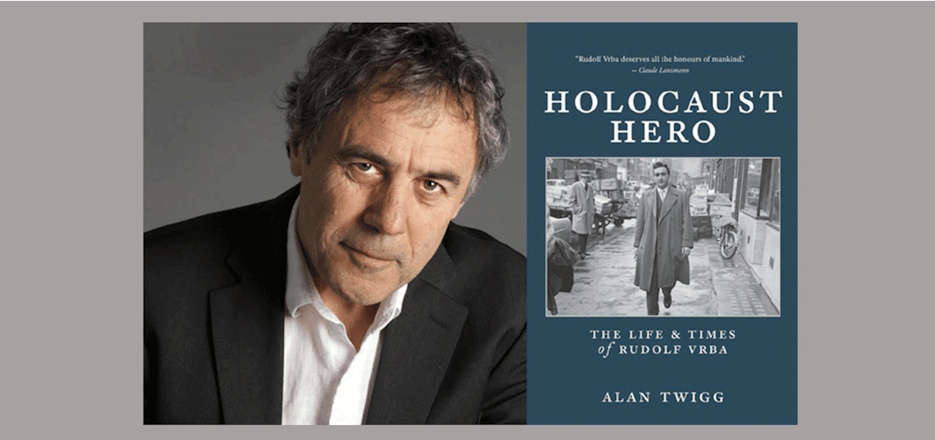

Men's Club Talk with Alan Twigg
Holocaust Hero: The Life and Times of Rudolf Vrba is the first in a planned biography series that explores our own Vancouver hero's life as an escapee, partisan, Nazi hunter, and truth-teller. Rudolf Vrba, a Slovak Jew, escaped Auschwitz in 1944 and co-authored the Vrba-Wetzler Report, which helped save over 200,000 Hungarian Jews. Twigg’s meticulously researched biography draws from interviews, new archival materials, and Vrba’s own family. The book also explores Vrba’s post-war life as a scientist, whistleblower and outspoken critic of institutional silence.
ALAN TWIGG is the founder of BC BookWorld, a veteran journalist and the author of 20 previous books. A recipient of the Order of Canada, he created rudolfvrba.com, the first major website dedicated to Vrba’s legacy.
Books will be available for purchase, and the author will be signing copies.
Cost: Members: no charge. Non-members: by donation
Registration required I Open to Everyone.
Details:


Family Shabbat
Cost: Adults $15, Child $10
Caterer: Ofra's Kitchen
REGISTER HERE
Details:


Family Shabbat
Young families are invited to join us for a fun evening including crafts, an age-appropriate service and a Shabbat dinner.
Cost: Adults $15, Child $10
Caterer: Ofra's Kitchen
Details:


📖 Torah Study - Everyone welcome
Meeting ID: 926 4853 7814; Password: Torah
or dial-in +1 778 907 2071
Details:


📖Torah Study (Hybrid - In Person and Online)
Meeting ID: 926 4853 7814; Password: Torah
or dial-in +1 778 907 2071
Details:


✡️ In-Person & Online Shabbat Services
Details:


👪 Childminding & Tot Shabbat
10:00 am: Free play and snacks
10:45 am: Hakafa and Tot Shabbat Service with Annette Kozicki, including songs, prayers and a fun story.
11:30 am: Free play
12:00 pm: Kiddush lunch
Reservations not needed - just show up to join!
Details:


✡️ Online Morning Minyan
https://templesholom-ca.zoom.us/j/99881409179?pwd=d2ZVYm9DaFZHNzZQNHpuRTcrc2puZz09
Meeting ID: 998 8140 9179
Passcode: Chickpea
Dial by your location
+1 438 809 7799 Canada
+1 587 328 1099 Canada
+1 647 374 4685 Canada
+1 647 558 0588 Canada
+1 778 907 2071 Canada
+1 204 272 7920 Canada
Meeting ID: 998 8140 9179
Find your local number: https://templesholom-ca.zoom.us/u/abN68oNyjs
Details:


Soup Shvesters
Come and help chop, cook and stir the ingredients as well as package and store in freezer! You can expect to be there for up to three hours.
Bring your own apron, cutting or chopping knife and a vegetable peeler. Also bring your lunch if you wish.
We are also looking for volunteers to be available to deliver the soup as needed.
Details:


Soup Shvesters
Come and help chop, cook and stir the ingredients as well as package and store in freezer! You can expect to be there for up to three hours.
Bring your own apron, cutting or chopping knife and a vegetable peeler. Also bring your lunch if you wish.
We are also looking for volunteers to be available to deliver the soup as needed.
Details:


📖 Talmud Study with Rabbi Brown (Zoom)
https://zoom.us/j/789770161 or call 647-374-4685; PIN: 789 770 161#
Details:


Mens Circle
Details:
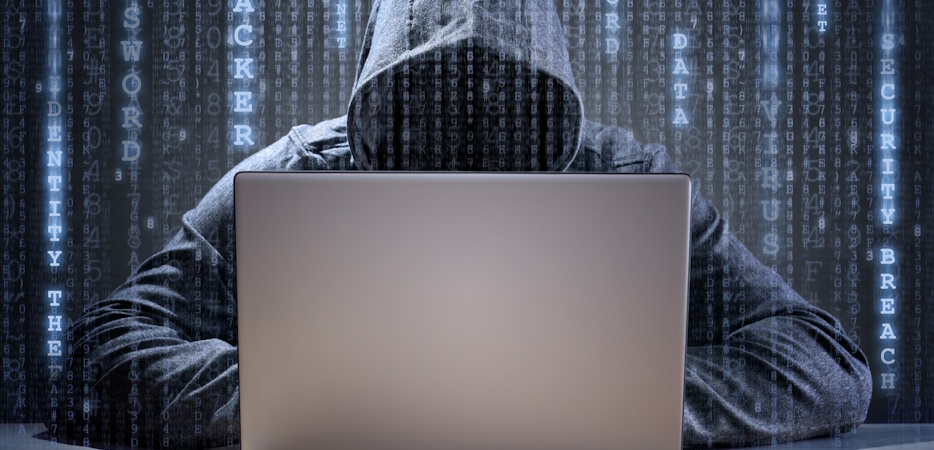

Sholom Shishim Lunch & Learn: The "Bad Guys" and the Internet with Mark White
Please join security expert Mark White as he discusses the "bad guys" on the internet, the tricks they use, and what we can do to protect ourselves. Please feel free to bring your laptop or portable device for some hands-on help. Temple Sholom member, Mark White has spent over thirty years in the security industry. During that time he has owned and operated his own security company. He has had extensive experience in many different situations from industrial plants to medical facilities, homes schools businesses, government and non profit.
Lunch is catered by The Perfect BiteTomato soup with a choice of:
- Egg salad sandwich,
- Tuna salad sandwich
- Salmon sandwich (fresh salmon, cucumber, tartar sauce and arugula)
- Smashed chickpea salad sandwich (Vegan)
Cost: $18 Temple Sholom member, $28 Non-member
Details:


✡️ Online Morning Minyan
https://templesholom-ca.zoom.us/j/99881409179?pwd=d2ZVYm9DaFZHNzZQNHpuRTcrc2puZz09
Meeting ID: 998 8140 9179
Passcode: Chickpea
Dial by your location
+1 438 809 7799 Canada
+1 587 328 1099 Canada
+1 647 374 4685 Canada
+1 647 558 0588 Canada
+1 778 907 2071 Canada
+1 204 272 7920 Canada
Meeting ID: 998 8140 9179
Find your local number: https://templesholom-ca.zoom.us/u/abN68oNyjs
Details:
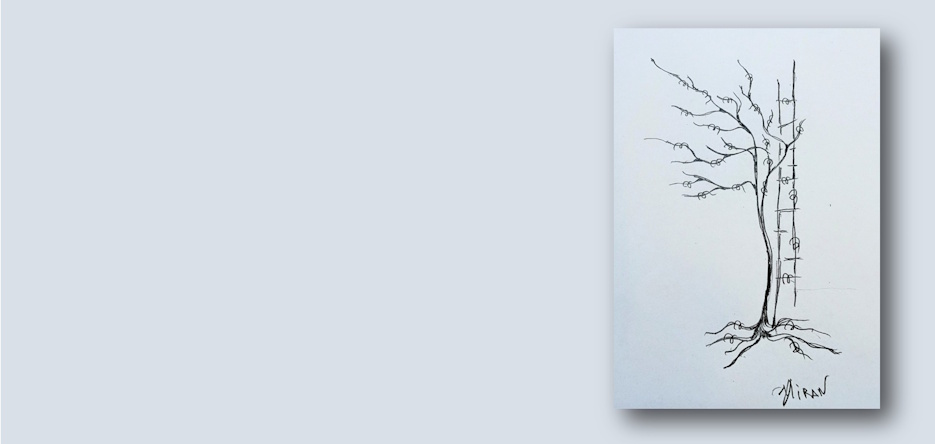

Jacob's Ladder of Hope
For his Mitzvah Project, Jacob Coblin is working with a local artist to create a sculpture for Temple Sholom using hostage bracelets that will be softened, reshaped and incorporated into a metal treeconnected to Jacob’s Ladder. The ladder has broken rungs at the bottom representing the loss andtragedy; at the top they are sturdy, representing healing and hope. The tree symbolizes survivorsand our community emerging from the tragedy and growing stronger together.
Help Raise $5,000 for the sculpture and its installation at Temple Sholom. Any excess funds raised will be donated to help rebuild Kibbutz Nahal Oz, which was hard hit on October 7.
Click here to find out more information and to donate: www.JacobsLadderofHope.com
All funds collected will go towards the creation and installation of the sculpture, which will be unveiled on January 23, 2026, at the Oneg following Shabbat services the day before my Bar Mitzvah.






























.svg)